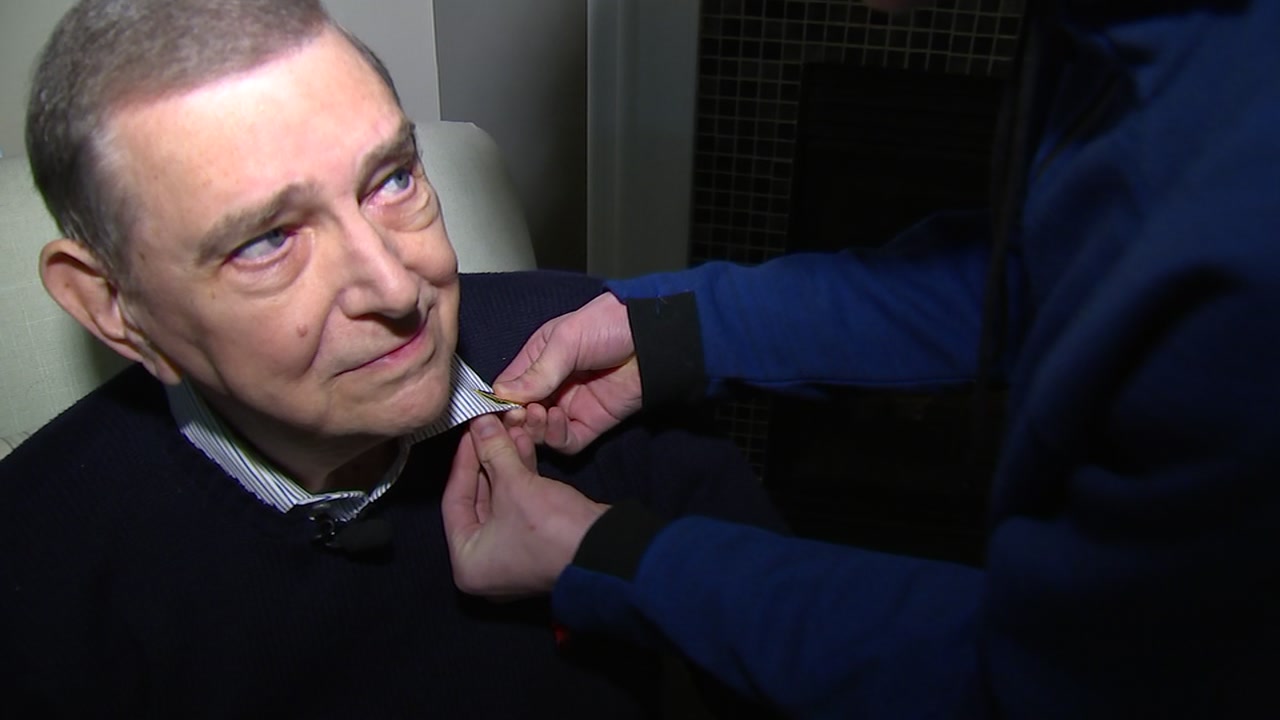Jan 14 Special Considerations in Caring for Veterans
Special Caregiving Considerations for our Nation’s Veterans
Did you know there are more than 5.5 million Americans caring for ill or wounded service members and veterans? Caregiving for a civilian is already a heavy task but caregiving for a veteran can be even more demanding. These caregivers are at an even higher risk of depression than a caregiver for someone who was never in the military. Many of the post-9/11 family caregivers of veterans are in the middle: they are relying on their aging parents for support of the veteran and they are providing support to these aging parents.
Many family caregivers of loved ones who are veterans are also helping their family member cope with dependencies, whether alcohol or drugs. Veterans are at a much higher risk to abuse substances than the overall population as a way to cope with the experiences that they had while in war. One of the biggest differences in working with a veteran is how to manage post-traumatic stress disorder (PTSD). Many veterans do not display outward signs of PTSD until they are much older and perhaps develop “dementia” or other life-limiting illnesses which trigger memories of painful experiences during their time of service. PTSD can be a shock to the family caregiver who has never heard their loved one talk about some of the atrocities they experienced or witnessed.
When someone you love has PTSD, it can affect your relationship with them. They may be less happy and outgoing, have trouble sleeping, or seem “on edge.” They may pull away from friends, family, and loved ones. The person with PTSD may act differently and get angry easily. As a caregiver, you may feel scared and frustrated about the changes you see in your loved one. You also may feel angry about what’s happening to your family or wonder if things will ever go back to the way they were. These feelings and worries are common for people who have a family member with PTSD.
It is important to learn about PTSD so you can understand why it happened, how it is treated, and what you can do to help. You also need to make time to take care of yourself. Changes in family life are stressful and taking care of yourself will make it easier to cope. When someone you care about has PTSD, it affects you too. You are probably using up your personal reserves spending time and energy to help your loved one cope. Even if your partner, family member, or friend with PTSD is getting treatment and getting better, you may still feel drained, worried, or even frustrated. You need support at the same time you are giving support.
Here are some great ways to support a veteran who is experiencing a life-limiting or chronic illness.
- Ask how they feel. This may seem obvious to you but making assumptions or fearing that asking the question may make things worse can be isolating for your loved one.
- Give a hug, offer a hand, and maintain physical contact if they will allow while they are expressing themselves.
- Try validation as this will help the person feel like they have been heard. Using statements such as “This must be so hard for you,” or “I can’t begin to imagine what you are going through” can be comforting.
- Share how you are feeling. Saying “I’m so sorry,” “I’m so angry,” “I feel so helpless,” “I wish there was something I could do,” or even “I don’t know what to say” connects you to the veteran.
- Create space for the pain. Use phrases such as “Do you want to talk about it?” “It’s OK to cry,” or, “We don’t have to talk; I’m happy to just sit here with you,” and “Is there anything I can do to help?” to show you are allowing them the space they need.


No Comments